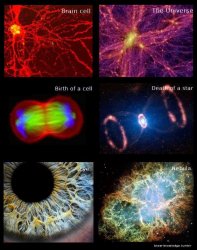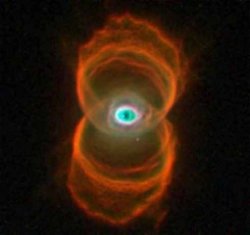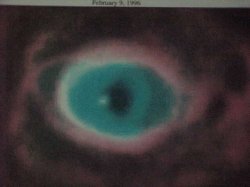Deadtroopers
Member
I merely said that the most reliable source of objective information is the scientific method. It is certainly not the only one.
What other sources of objective information would there be then? have they proven to be objectively reliable? How have they been so proven? and would they pass the "I would get in that car or be launched in that rocket" test? I think you will find that you are proving these other so-callled "reliable" sources by nothing other than the scientific method and so they are redundant qua Ockham's Razor.





